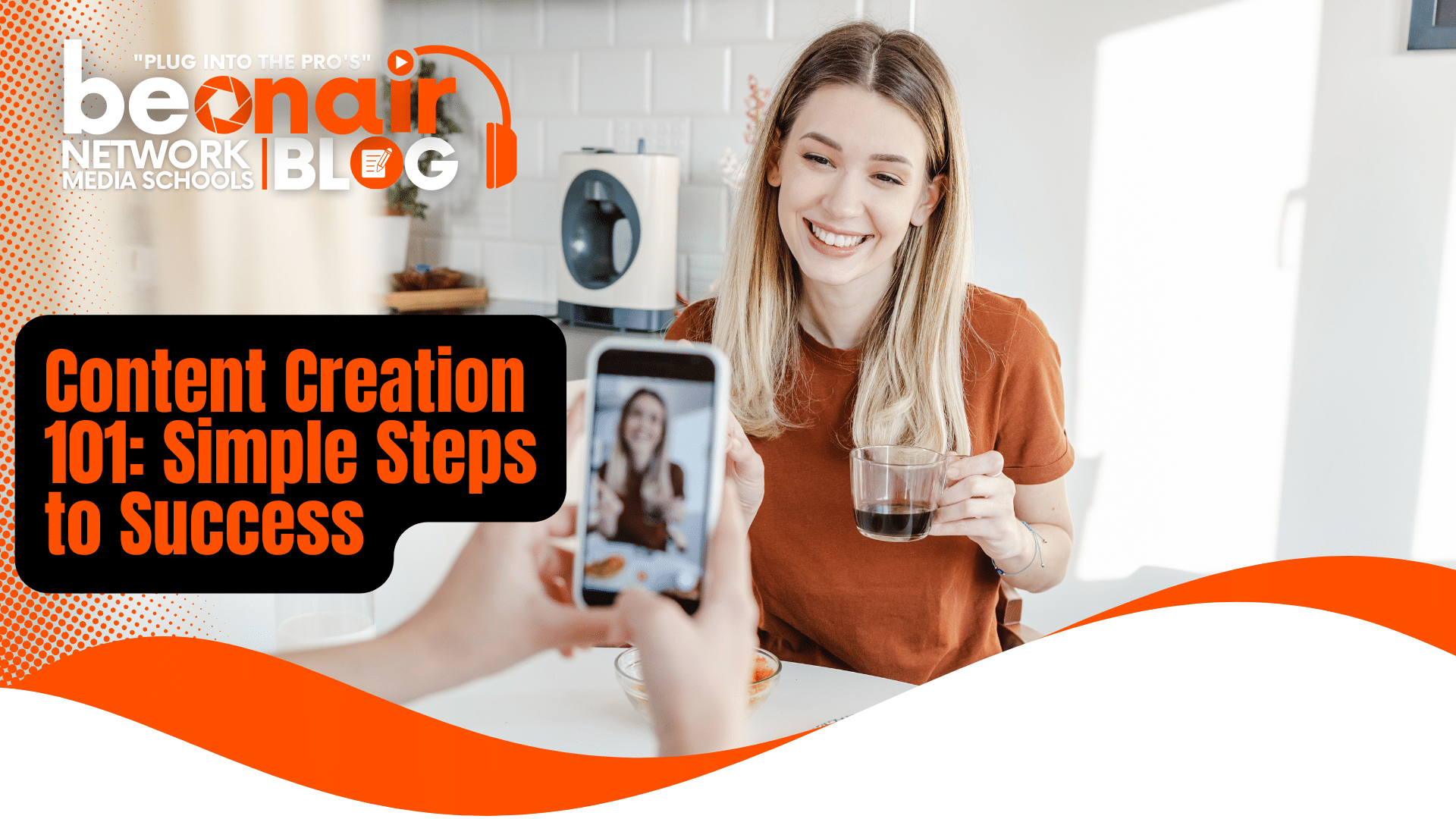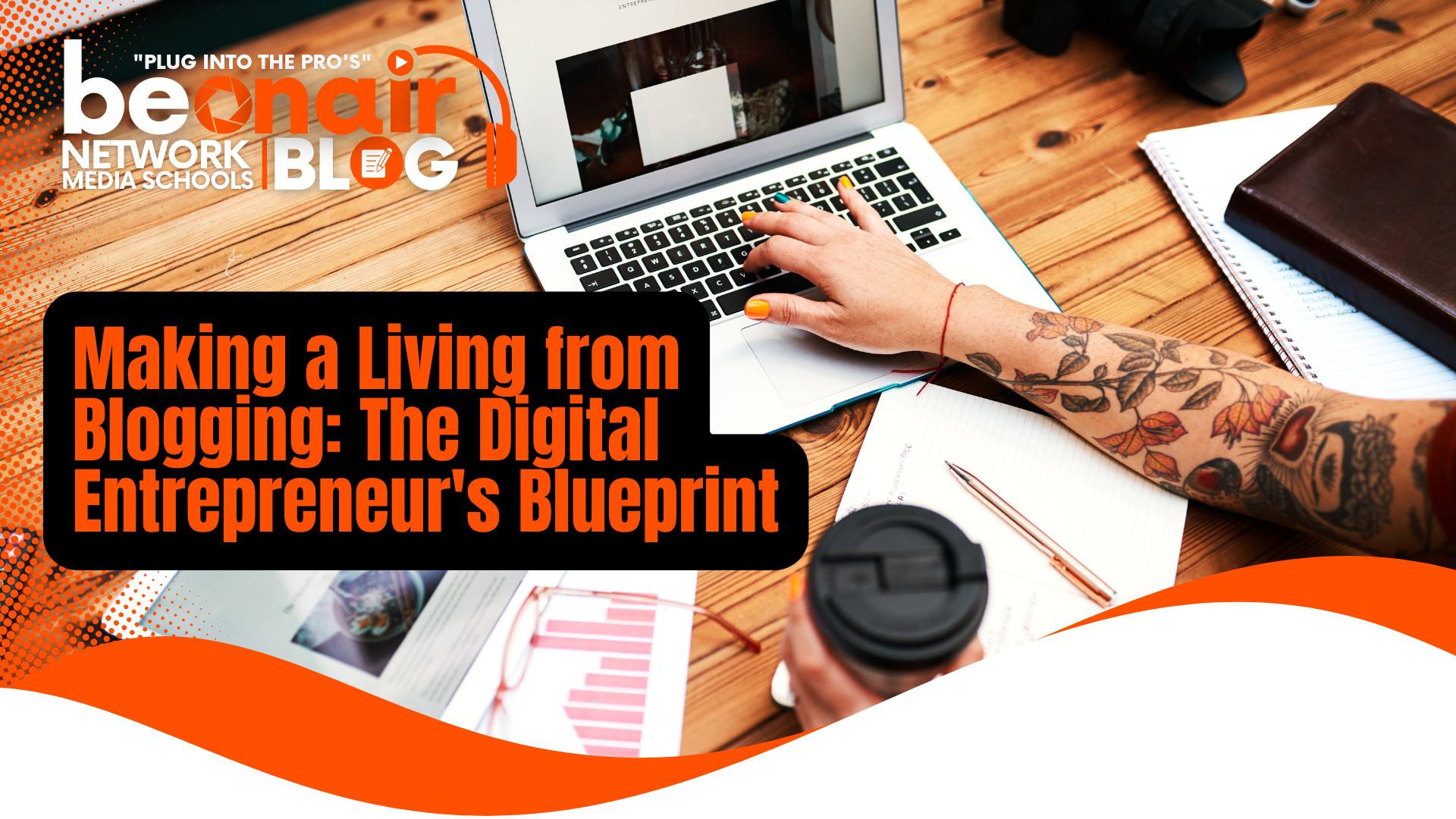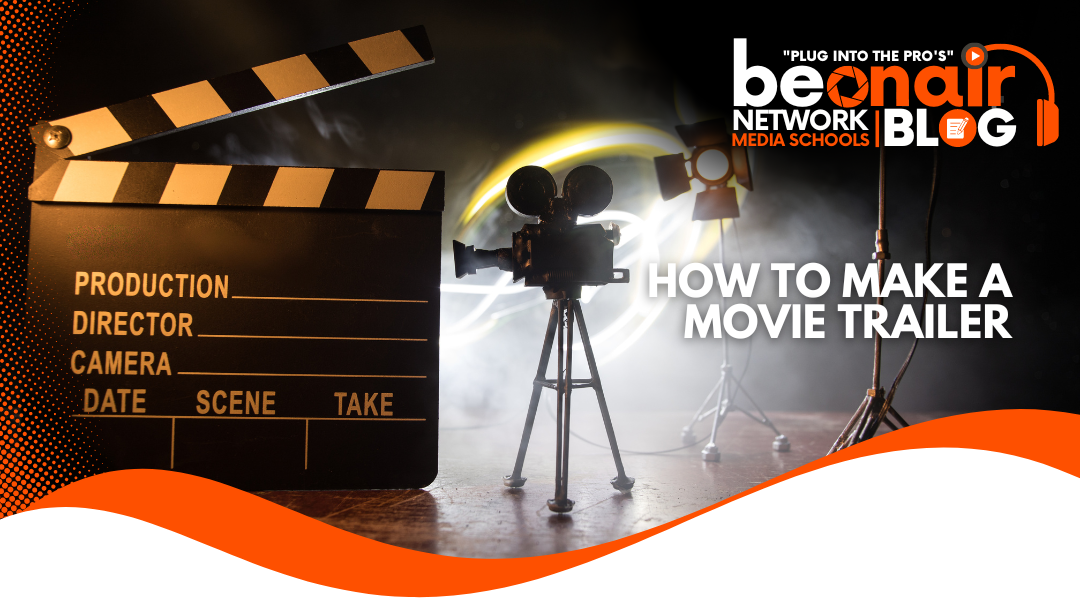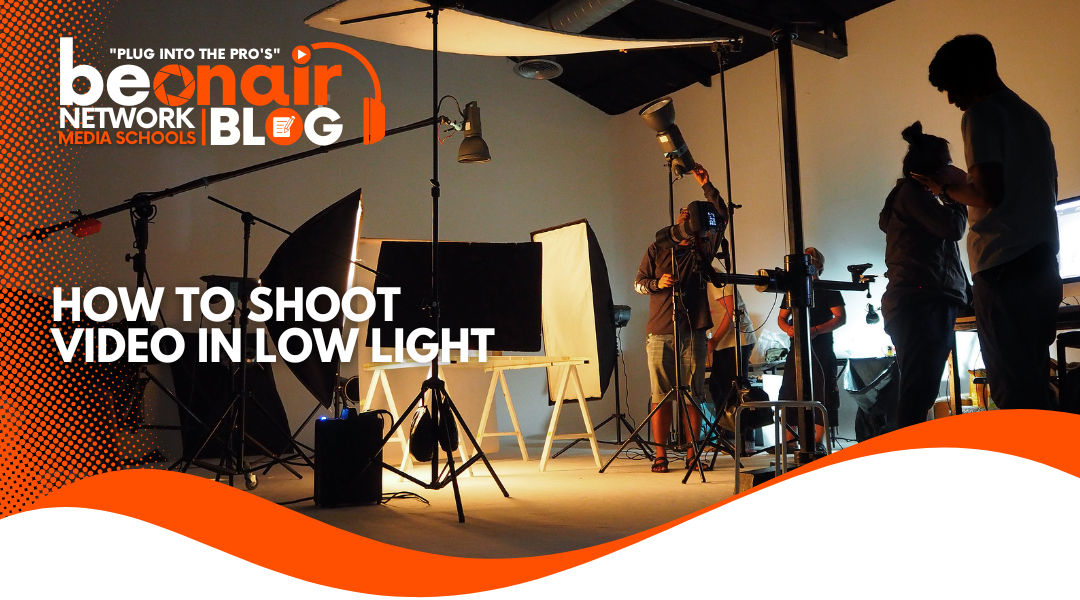
Podcasting for Fun & Profit

It seems like these days, just about everyone has a great podcast they’re recommending you listen to. Whether you have a massive podcast library or are just a casual listener, you may have asked yourself: how do you become a professional podcaster?
While it’s true that just about anybody with a good idea can start podcasting for fun, establishing a successful, profitable podcast is another story entirely. When you’re preparing to start a podcast, there’s plenty of logistics to consider, especially if you’re hoping to build a long-term listener base and financial success. Between technical details, content, and equipment, there’s quite a bit to cover before you’re ready to create your own podcast. To help you get started, here’s a simple guide that breaks down a few key steps in the process of developing a successful and profitable podcast.
First, Plan Your Podcast
Before you ever record your first episode, you’ll need to make a few important decisions. Once you can provide solid answers to the following questions, you’ll be well-prepared to move forward.
1. What is the goal of my podcast? Are you starting a podcast to promote an existing business or begin a new professional endeavor? Or, are you simply focused on making the most of your favorite hobby? There’s no “right” answer, but you should clearly understand your end goal to help you make the right decisions throughout the process.
2. What topic will my podcast cover? Try to choose a niche topic that has a specific market but doesn’t overly narrow your audience. Remember that you’ll need to be able to come up with enough content for a long-term show, so select your topic wisely.
3. Who is my target audience? The audience you envision goes hand in hand with your chosen topic and will be useful in determining your future marketing strategy.
Once you’ve outlined your answers to the above questions, you can tackle your next steps. Come up with a unique and memorable name for your podcast, then determine the length, frequency, and format of your podcast. Consider how you’ll want to organize your show: will it sound the same every time, or will you mix it up with various segments or featured episodes? Then, it’s time to create your podcast graphic and website. The graphic will be what potential listeners see when they find your show on their device’s podcast app or directory. The website will give you a “home base” to work from. Both of these items are important and should be designed with your long-term brand identity in mind.
Make Sure You Have All the Equipment and Training You Need
Today, podcast equipment is easier to find and more affordable than ever, which makes it much easier to prepare to become a podcaster. Here are the basic pieces of equipment and software you’ll need to set yourself up for podcasting:
● Microphone
● Recording software
● Audio editing software
● A hosting platform, such as Libsyn or Soundcloud
If you’re envisioning a career in podcasting, it’s also a good idea to invest in an excellent educational program that can prepare you for the industry with valuable skills and knowledge. Consider enrolling in an audio production or broadcasting program at a media-specific school.
Dive into the Podcast Production Process
Once you’re armed with a plan, equipment, and knowledge, you’re ready to start producing. While you may want to immediately begin recording your first episode, there are a few things you need to do first:
● First, create your intro and outro segments. These segments will open and close every episode of your podcast. Whether you decide to use music, spoken word, or a mix of both, try to keep the segments short and sweet.
● Create an episode outline – but don’t over-script it. Think about the podcasts you enjoy most, and you’ll likely realize they have one important thing in common: they are naturally conversational and don’t feel overly scripted. Plan what you’d like to talk about during your episode, but don’t fall into the trap of reading lines directly from paper.
Now, you’re ready to record! It may be a good idea to record several episodes right away to get yourself started with a good foundation of material. Then, use your editing software to improve sound quality, reduce background noise and static, and splice together segments as needed. It’s important to listen to your episode all the way through – ideally using headphones or earbuds – to hear everything exactly as your audience will. Name and tag the audio (MP3) of your show, add your podcast graphic, and you’re finally ready for the last step: uploading the episode to your host!
Share Your Show with the World
Now that your episode is done and uploaded, your work is done, right? Actually, there’s still plenty more to do. Get the word out and draw new listeners by sharing your podcast using these simple steps:
● Embed your podcast episode on your website. Usually, your hosting platform will provide you with an easy-to-use code that allows you to embed the episode directly on your site in seconds. Here, website visitors will be able to click play right on your homepage, or even download the episode for future listening.
● Apply to have your podcast included in major directories. The best-known podcast directories include Stitcher, iTunes, and SoundCloud, and each one requires approval before they’ll include your show.
● Share your show via social media and an email newsletter. If you have an existing customer base or readership, reach out and share your exciting new endeavor.
Think About Options for Making Money Off Your Podcast
Podcasting as a hobby is plenty of fun, but turning podcasting into a job means you’ll want to figure out how to make money from it. Here are a few ways to turn your podcast into profit:
● Affiliate marketing: On a podcast, affiliate marketing is as simple as providing listeners with an easily-spoken URL that connects them to your various affiliate products.
● Sell your products or services: If you have an existing business, promoting your products and services on your podcast is a great way to boost earnings.
● Secure advertisers and sponsors: You’ll need to build a sizeable audience first, but ads and sponsors can provide a steady cash flow.
● Offer premium content: Create exclusive content that’s “unlocked” via a listener’s purchase or donation.
Start Your Career as a Podcaster at The Media Schools, located in Ohio, Colorado, Illinois, and Miami
If you’re interested in podcasting for profit, professional education is an excellent place to start. At the Media Schools, located in Ohio, Colorado, Illinois, and Miami, students build a foundation of skills, knowledge, and hands-on experience, setting themselves up for success with an exciting career in media arts. Here, you can study audio production and broadcasting in a dynamic environment, delving into your passion for podcasting and learning everything you need to become a podcaster yourself. Not sure if podcasting is in your future? The Media Schools, located in Ohio, Colorado, Illinois, and Miami has a wide range of other multimedia programs to choose from, offering something for anyone envisioning a future in the media industry. Take the first steps towards your future podcasting career and apply at the Media Schools, located in Ohio, Colorado, Illinois, and Miami today.

